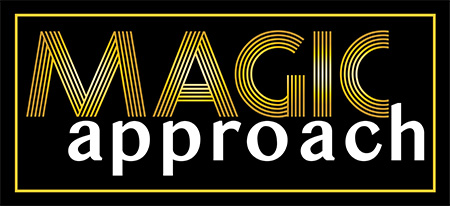Therapeutic Psilocybin Called by Canadian Patients for Easy Access
News Source: Globalnews.ca
Thomas Hartle, facing terminal cancer, treasures each passing day. As he approaches his 55th birthday in Saskatoon this Sunday, he reflects on the challenges of recent years. Enduring the physical pain of cancer is one aspect, yet the emotional burden of knowing his inevitable fate weighs heavily on him.
“The idea that someday I may not be there for my family when they need me (is), for me, such a painful thought,” he shared with Global News. Amidst this turmoil, Hartle finds solace in periodic treatments with psilocybin, a key compound in magic mushrooms. “It allows me to address some of the problems that are… what I would call an emotional hot potato.”
In 2020, Hartle made history as one of the first Canadians granted federal exemption for psilocybin treatment, thanks to then-health minister Patty Hajdu. While he couldn’t directly access the drug, he received clearance for therapy administered by a doctor. However, the 12-month exemption expired over a year ago, leaving Hartle in uncertainty. Despite applying for an extension, he has encountered “a lot of radio silence.”
Hartle observes a shift in the federal government’s approach, moving away from granting exemptions and toward prioritizing clinical trials. Despite his efforts, he has yet to receive any communication from Health Minister Jean-Yves Duclos or anyone at Health Canada. The agency’s lack of response to media inquiries confirms the uncertainty surrounding requests from Hartle and numerous others.
Health Canada acknowledges the promising outcomes of clinical trials involving psilocybin but notes the absence of approved therapeutics containing the compound in Canada or elsewhere. Meanwhile, obtaining unregulated mushrooms and psilocybin products is remarkably easy, with online platforms and brick-and-mortar stores openly selling them. This scenario mirrors the pre-legalization era of cannabis in Canada, leading many to speculate that magic mushrooms may soon follow suit.
However, some researchers caution against the rapid progression, advocating for further studies on the psychological effects of therapeutic psilocybin. They argue that a more cautious approach is necessary before widespread legalization.
Norm Farb, an associate professor of psychology at the University of Toronto’s Mississauga campus, expresses skepticism about the prolonged timeframe required for scientific research. He predicts that within three to five years, we may witness the off-label use of psilocybin, similar to ketamine. This scenario, he suggests, could lead to legal disputes settling the potential harms rather than relying on thorough research.
For Thomas Hartle, the urgency of his situation is clear. He doesn’t have the luxury of waiting 10 to 20 years for conclusive scientific findings. Aware of the effectiveness of psilocybin in his treatment, he simply seeks the renewal of his doctor’s clearance for legal treatment.
Hartle collaborates with TheraPsil, a group of medical professionals, in their legal challenge urging the federal government to grant psilocybin access to patients like himself. Their legal submission to Health Canada argues that denying access violates patients’ rights.
Despite the option of illegal treatment, Hartle remains committed to advocating for legal change. He believes in fighting for his preferred approach rather than resorting to unregulated means. “Why would we spend our time encouraging people to do the illegal things when people could be encouraging change in the law itself?” he questions.

